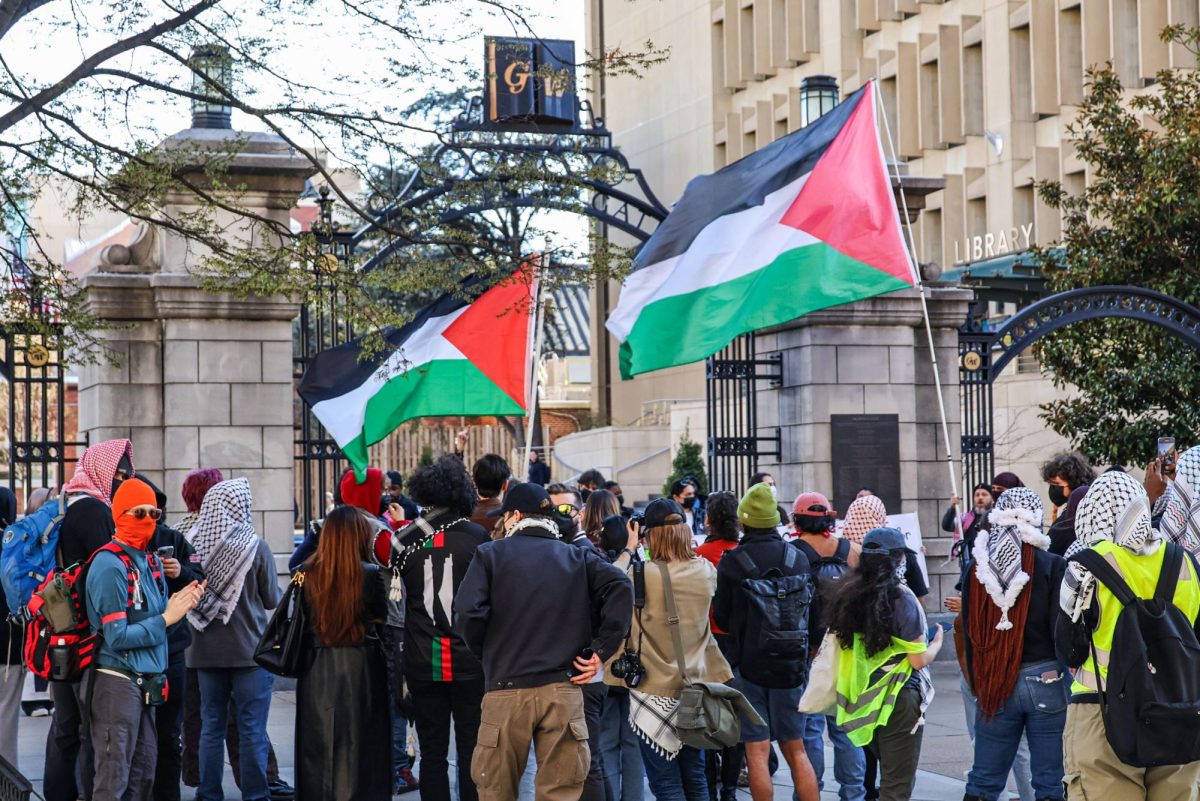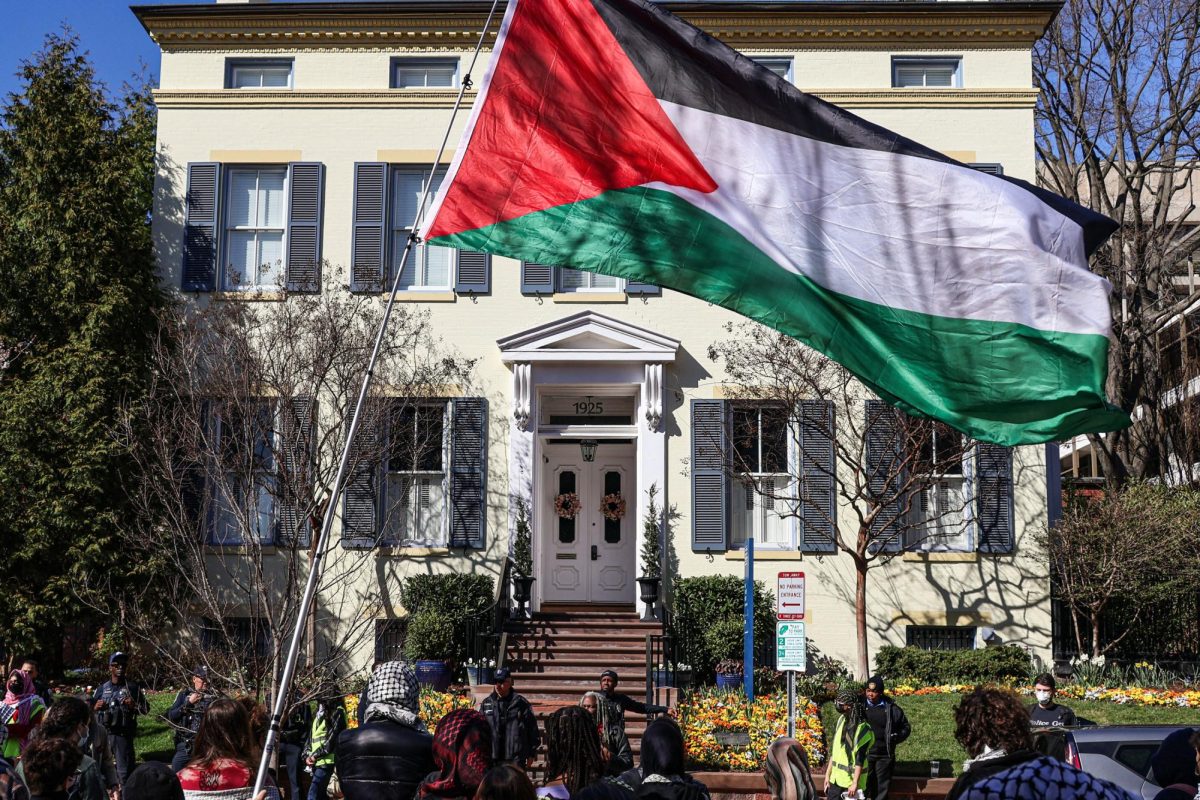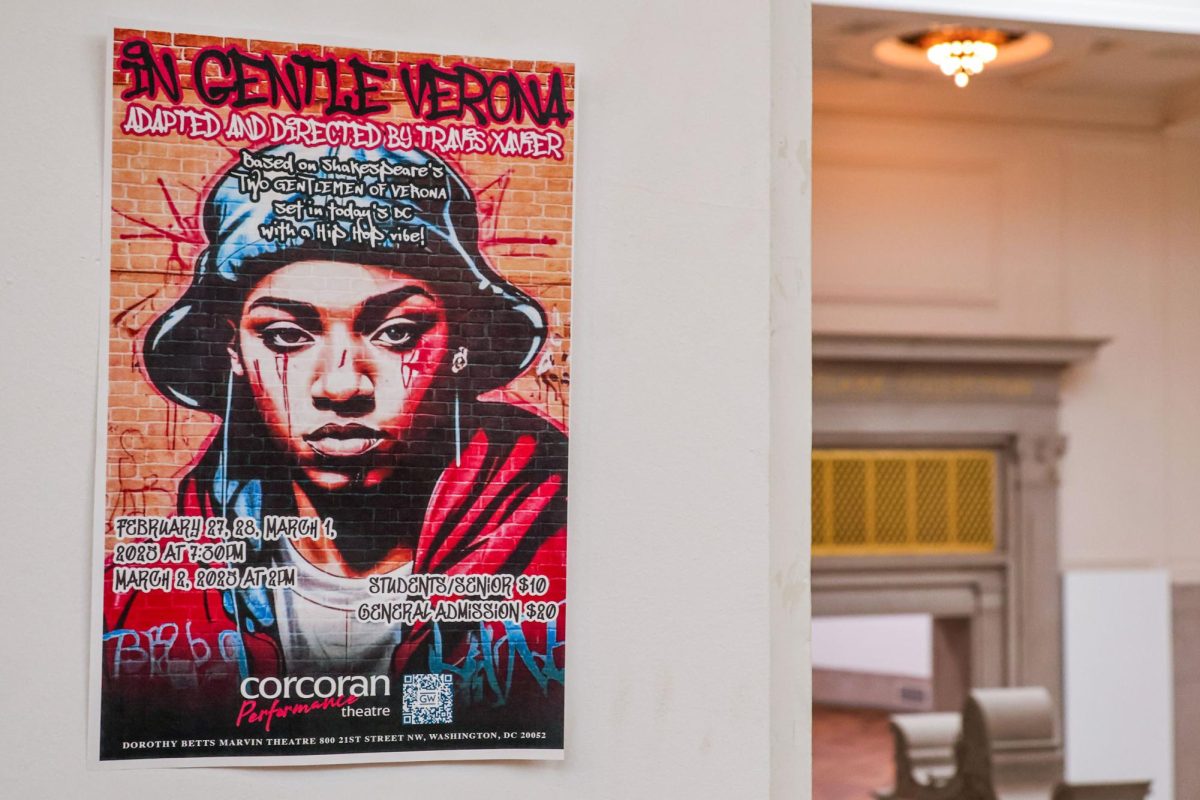A group of students majoring in criminal justice established a student organization earlier this month working to educate students interested in or studying the major.
The Criminal Justice Student Association, which officially registered during the first week of August, will offer resources like academic support, information about criminal reform advocacy and educational panels about topics like police reform for students interested in criminal justice, its leaders said. Junior Camille Germinal, the organization’s president, said the group aims to create a space for any student studying criminal justice, interested in the major or looking for information about how to get involved in criminal justice advocacy.
“We definitely think this isn’t just a club for criminal justice majors,” Germinal said. “This is open to anyone that wants to have a conversation or are open to learning more or wanting to know what to do because even us as students, we’re looking to see ways that we can make sure these conversations are being had or how to take action when it comes to criminal justice.”
She said more than 100 students have signed up through the organization’s student interest form to receive emails since the group launched its Instagram account at the beginning of July.
Germinal said she had tried out various majors before finding the right fit in criminal justice and wants CJSA to help students in similar positions. She said the group plans to hold virtual panel discussions with the six executive board members on the requirements of being a criminal justice major, courses that interested students can enroll in and issues related to the topic, like the role of race in the justice system.
CJSA also plans to connect with freshmen and transfer students majoring in or taking introductory criminal justice classes like Intro to Sociology to form virtual study groups, Germinal added. She said she’s been in contact with professors teaching intro-level criminal justice courses about notifying students of the organization and connecting them with CJSA study groups or upperclassmen in the major.
Germinal said while the organization doesn’t currently have plans to take part in criminal justice advocacy, the executive board plans to involve CJSA in community service around the D.C. area and hold a career fair for members who want to explore career options in criminal justice field once students return to campus.
She said the group’s current goal is to provide academic and social support for its members in light of the virtual learning semester. She said once GW returns to campus, its members plan to bond through in-person study sessions and movie nights.
Keyla Ruiz, CJSA’s director of programming and the president of the Latino affinity GW Casa Blanca, said CJSA members plan to host online community-bonding events, like criminal justice-themed game nights. She said one of the group’s main events for the fall will be a panel featuring student organization leaders involved in social justice and possibly criminal justice professors to educate students on police reform and terminology used in discussing it, like the prison industrial complex.
“We also want to do a game night edition, which is just criminal justice-related,” Ruiz said. “I won’t go on, I’ll just say that. So everything else is a surprise.”
Junior Emma Elliott, the group’s director of communications, said the organization is different from other political student groups like GW College Democrats because while College Democrats hold occasional discussions on criminal justice reform, CJSA’s main focus will be on breaking down criminal justice reform for everyone to understand.
She said the organization plans to incorporate activism in its programming like sharing petitions on criminal justice issues and creating a resource guide on people’s rights in the criminal justice system and law enforcement encounters.
“We didn’t really have an org that was specified in criminal justice prior to starting one,” Elliott said. “We just wanted to make an org where people could have the resources that they needed to be able to be active in whatever they want to be active in and to do with criminal justice.”
Elliott, an international student from Belgium, said living in D.C. gives students a “unique” experience to get involved in politics directly and learn about the U.S. government. She said the organization plans to keep an active social media presence to communicate with students and share any new information about upcoming CJSA virtual events.
“You see a lot of protests going on,” Elliott said. “You see a lot of things online, and you don’t really know how you can participate or what you can do or what it’s about and having those resources available helps. And we just want to be able to help people find their way, ultimately helping them participate in making a change by providing learning opportunities and hands-on resources to make those efforts possible.”







